Keywords: Northern Territory Intervention
There are more than 24 results, only the first 24 are displayed here.
Become a subscriber for more search results.
-

AUSTRALIA
- Claire Heaney
- 13 December 2024
For years, Coles and Woolworths have been accused of squeezing both producers and shoppers in equal measure. With new regulatory changes on the horizon and a web of inquiries underway, the supermarket duopoly finds itself under unprecedented scrutiny. But will these reforms actually lower grocery bills?
READ MORE 
-
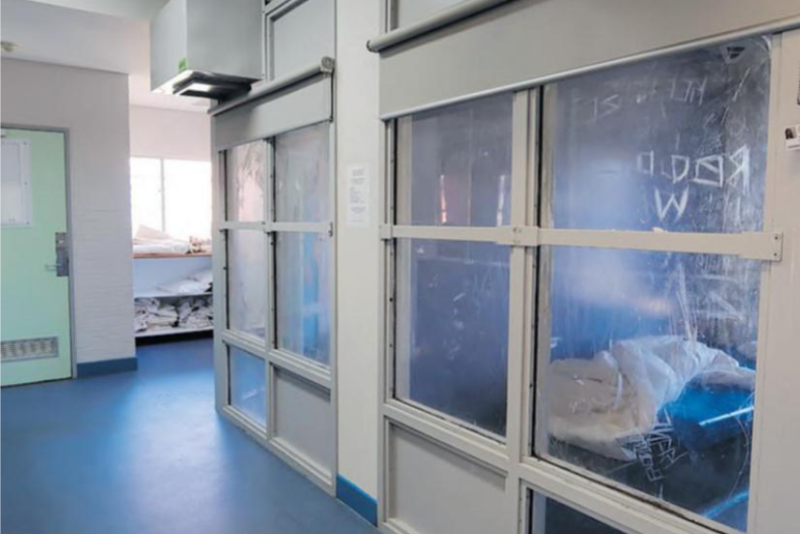
AUSTRALIA
- Julian Butler
- 22 February 2022
5 Comments
Having previously spent time as lawyer working predominantly in the Children’s Court of Victoria, there isn’t too much about the State’s treatment of young people that shocks me. That is, until a few weeks ago when I was drawn to the final item of The Weekend Australian’s editorial column. Under the heading, ‘Hurt boy’s inhuman treatment’, was set out the details of a 15-year-old West Australian boy who had been ‘locked alone in a glass-walled observation cell of a juvenile detention centre in the southern suburbs of Perth for 79 days.’
READ MORE 
-
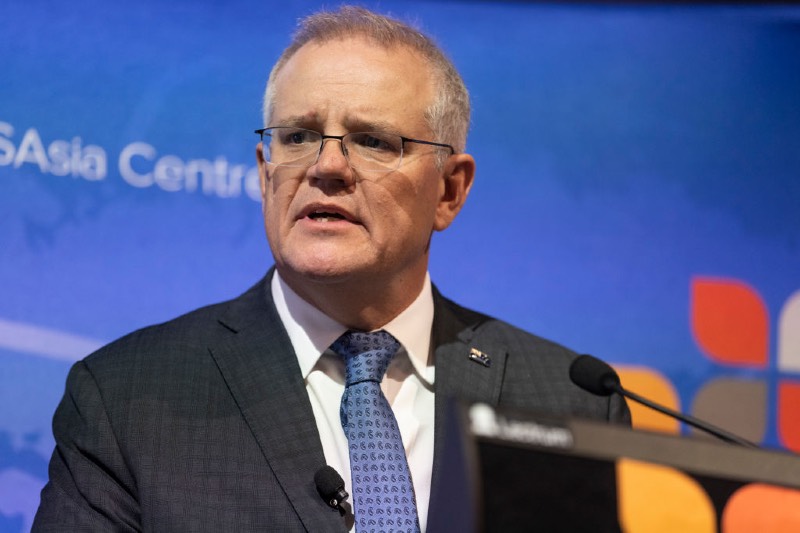
INTERNATIONAL
- Joseph Camilleri
- 15 July 2021
17 Comments
The souring of relations with China is driven not just by prime ministers, foreign and defence ministers, or even by Cabinet. It is the product of converging interests with immense reach and influence.
READ MORE 
-
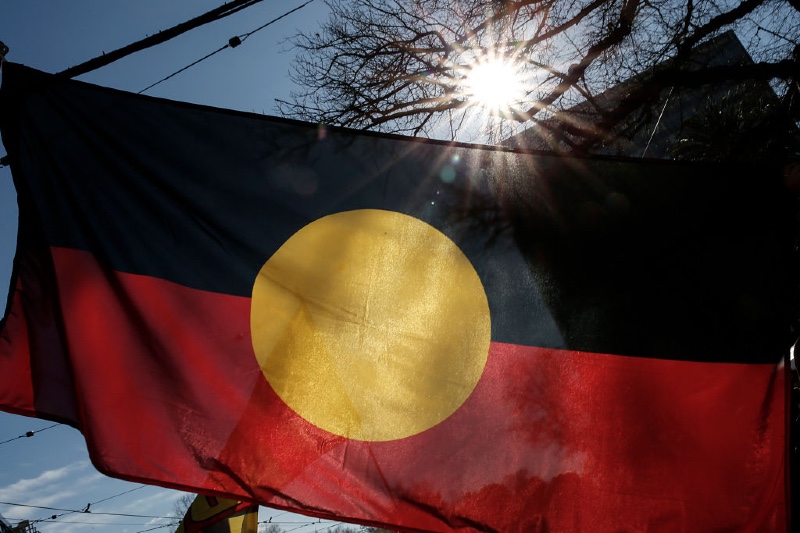
FAITH DOING JUSTICE
But it is possible the members of the Plenary could begin to hear a deeper voice speaking in their hearts. There may arise a new courage to start a process of truth and reconciliation, reporting the process of this journey to the second Plenary Council planned for Sydney, July 2022. We can only begin that journey if members of the Plenary Council come and are open to listening to that deep inner voice.
READ MORE
-
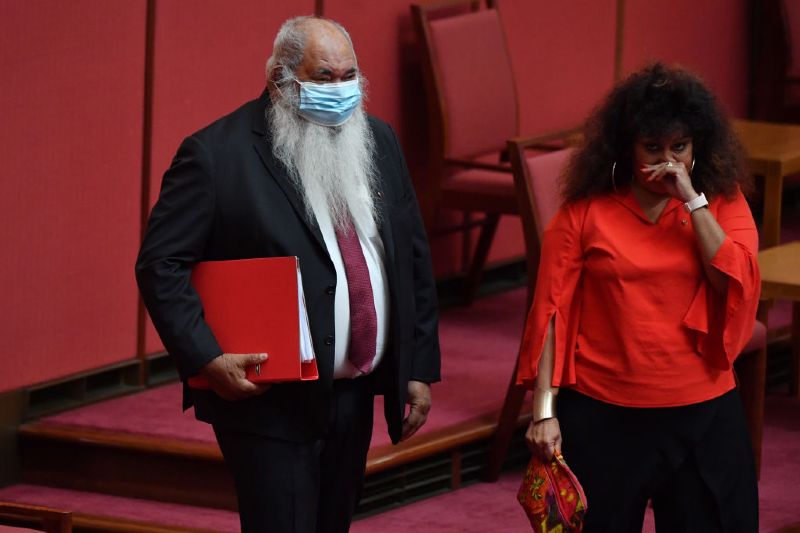
AUSTRALIA
- Michele Madigan
- 03 December 2020
12 Comments
Reading the government controlled Senate Committee recommendations regarding the current Social Security (Administration) Amendment (Continuation of Cashless Welfare) Bill 2020 and then the dissenting reports is like reading about two parallel universes.
READ MORE 
-

AUSTRALIA
- Michele Madigan
- 22 April 2020
8 Comments
This huge, rarely mentioned and ongoing deeply shameful situation regarding the health and housing of First Nations people comes into unbearably sharp relief by the present crisis.
READ MORE 
-
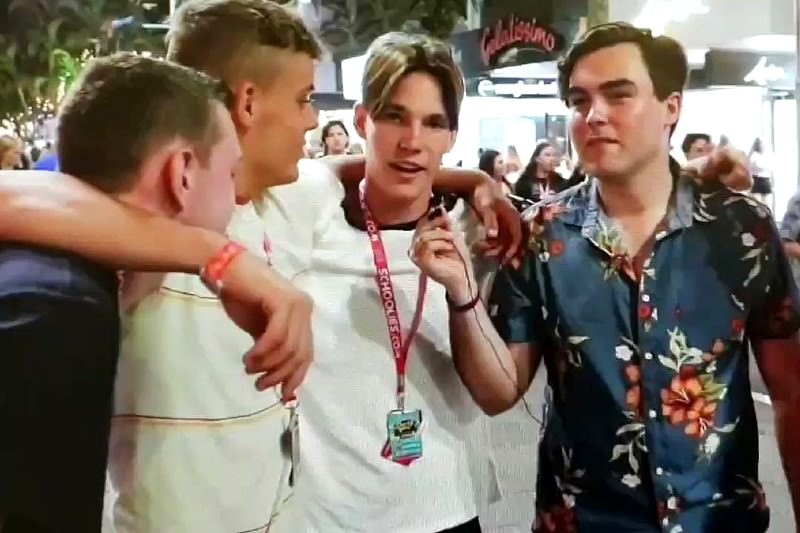
AUSTRALIA
- Celeste Liddle
- 05 December 2019
7 Comments
Whiteness — some days it's like a light mist constantly hanging around yet going mainly unnoticed as it stealthily seeps into one's pores. Other days, it hits you like a cascade, or a tsunami of whiteness. Tuesday, observing the news, felt more like one of the latter.
READ MORE 
-
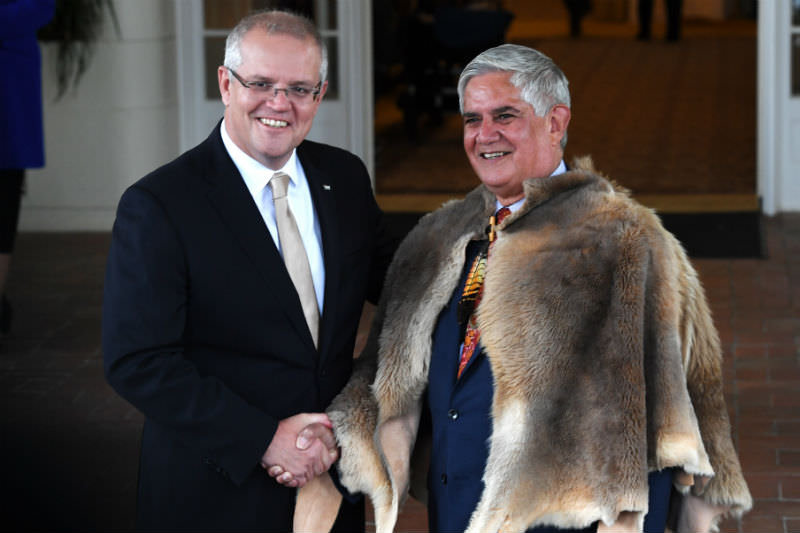
AUSTRALIA
- Celeste Liddle
- 19 June 2019
8 Comments
It's long fascinated me that it tends to be the conservative side of politics that has delivered many of our Indigenous political firsts. Perhaps it's simply because Indigenous conservatives are, by virtue of their politics, no real threat to the status quo. Our Minister for Indigenous Australians Ken Wyatt is a case in point.
READ MORE 
-

AUSTRALIA
- Celeste Liddle
- 10 May 2019
7 Comments
We can tell the Morrison government has no interest in Indigenous affairs because, apart from some money for suicide prevention programs (albeit less than half that requested), its budget showed a series of cuts. There is a lot of unfinished business to be addressed before it makes sense to adopt a voice to Parliament in the Constitution.
READ MORE 
-
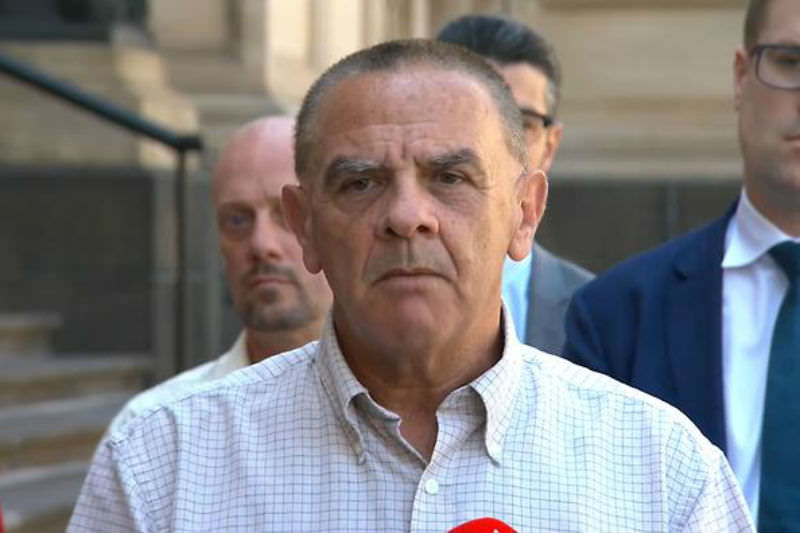
AUSTRALIA
- Celeste Liddle
- 19 February 2019
8 Comments
If the rest of Australia was as brave as those four women who told their stories, and confronted their fears regarding the full extent of what safety, autonomy and equality for Aboriginal women might truly look like — free from racism, sexism and a state which continues to benefit from our oppression — things could actually get better.
READ MORE 
-

INTERNATIONAL
- Ann Deslandes
- 03 December 2018
5 Comments
When government corruption is chronic and the streets are ruled by armed gangs, there are no collective funds for quality health care or education. The thousands of migrants at the US border are fleeing the effects of climate change, wide-scale government corruption, brutal state violence, and flourishing non-state gang rule.
READ MORE 
-
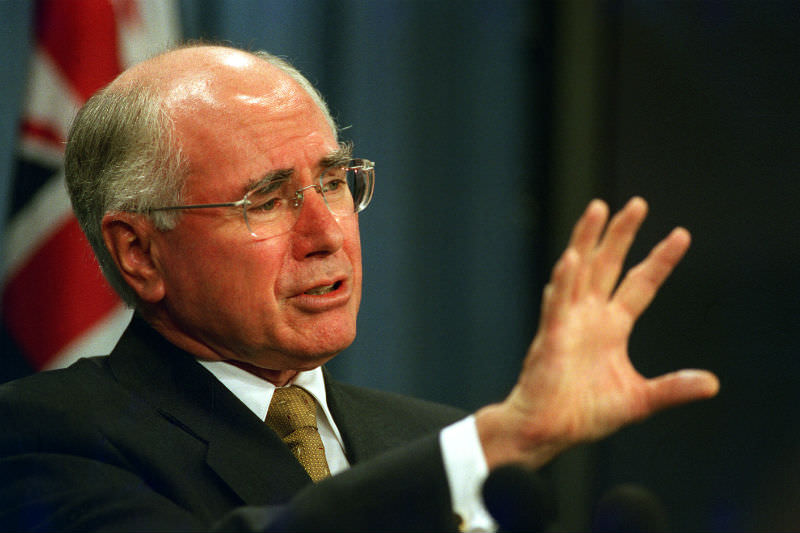
AUSTRALIA
- Celeste Liddle
- 28 August 2018
9 Comments
We have gotten so used to a revolving door of political leaders that the prospect of a leadership challenge each time things get a little hot has become normalised. I never thought I would say this, but as an Aboriginal feminist with hard-left personal politics, last week I almost found myself viewing the Howard years in a favourable light.
READ MORE 